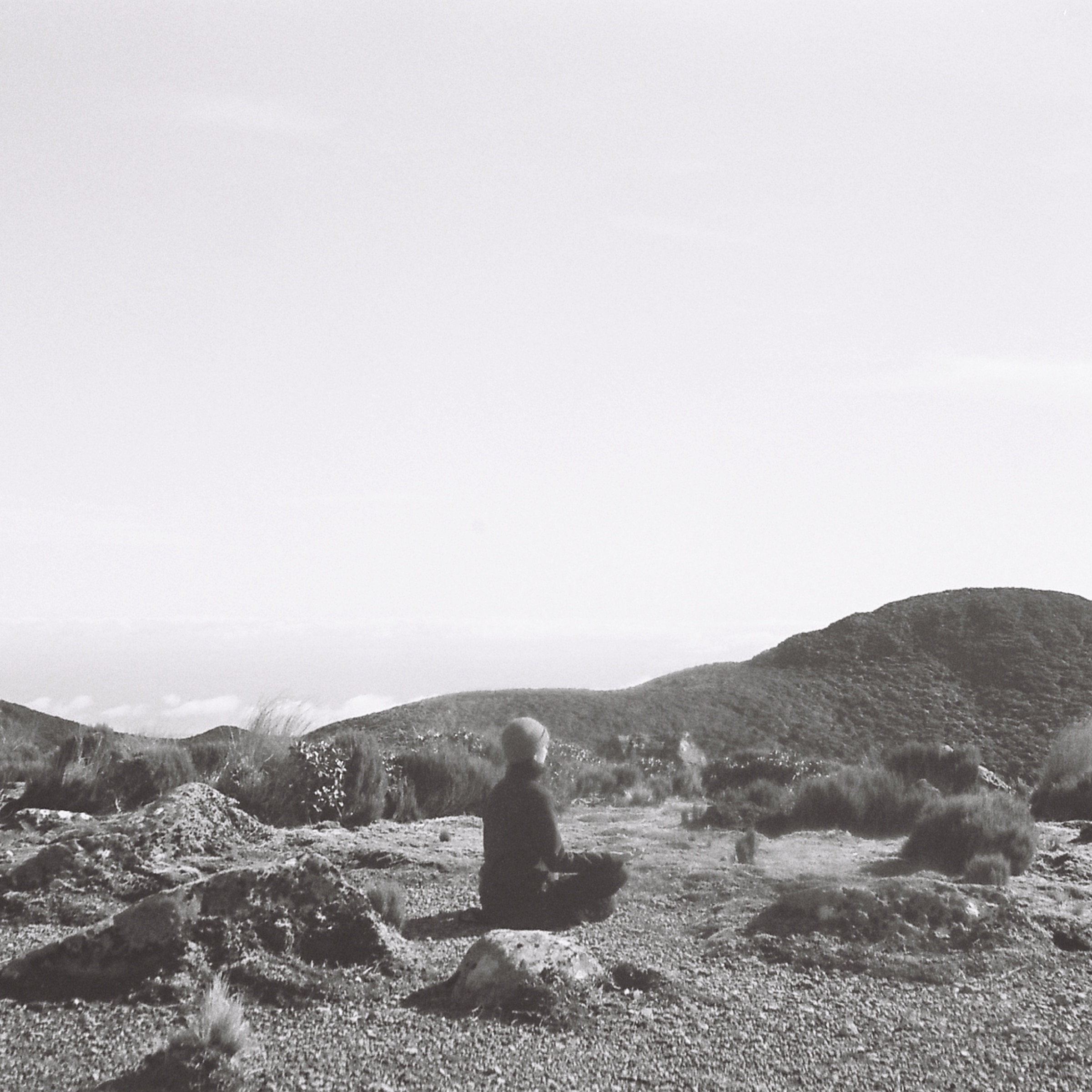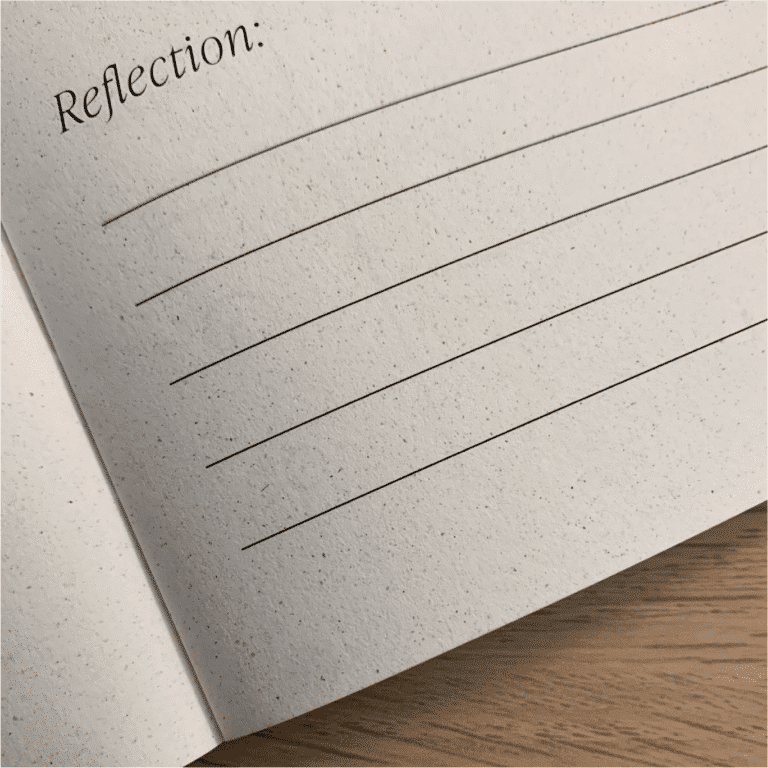How to stop overthinking & reduce anxiety.
Have you ever Googled anything along the lines of ‘My mind is racing, what should I do?’
‘My thoughts are spiralling.’
‘Overthinking… Help?’
Overthinking is a common problem that many people face on a daily basis. It can be a debilitating experience that can leave us feeling overwhelmed, anxious and alone. Fortunately, there are several simple exercises that can help to reduce anxious thoughts, quiet the constant noise and reframe any negativity.
Sometimes you don’t know what to think or what to do with yourself. You get confused and forget which way is up and which way is down. And then you come across a silly little blog post like this one. Then you screenshot your favourite parts or write down what resonates with you. The next time you’re feeling like you’re drowning in your thoughts, you may think back to what you read.
So, next time you’re feeling overwhelmed by your thoughts,
think back to the following 5 minute solutions.
If you set an intention to really give it a go, you will be able to slow down your mind, stop your thoughts from spiralling and hit pause on the unnecessary ruminations.
When you’re over-thinking, overthinking… Take 5 minutes to:
1. BREATHE DEEPLY
One of the simplest and most effective ways to combat overthinking is to breathe deeply. By taking slow, deliberate breaths, we can help to calm our nervous system and reduce the intensity of anxious thoughts.
2. WRITE IT DOWN
Another effective technique is to grab a journal or a piece of paper and write down everything that’s on our minds. This can help to get our thoughts out of our heads and onto paper, making them feel less heavy and more manageable.
3. SHAKE IT UP!
Movement can be a powerful tool for reducing anxious thoughts. Moving our bodies in whatever way feels good can help to get stagnant energy flowing and create a sense of calm.
4. COLD SHOWER THERAPY
While this one might be super uncomfortable at first… Taking a cold shower can help to calm our nervous system and reduce the intensity of anxious thoughts. The calming effect is almost instant. Try taking slow, deliberate breaths while in the shower to help ease any discomfort. The more you do it, the less resistance you’ll feel towards it.
5. GO FOR A WALK
Taking a leisurely walk can be a great way to clear our minds and reduce anxiety. Focusing on the sights and sounds around us can help to distract us from our thoughts and create a sense of calm. Pace yourself and enjoy!
6. MENTAL THANK YOU LIST
Taking a moment to think about everything we’re grateful for can help to shift our focus away from anxious and negative thoughts and create a sense of calm and positivity. Set a timer or simply just think of everything until you run out of things to be thankful for (chances are you won’t run out).
7. QUESTION IT
Questioning our thoughts and asking ourselves what the reality is can help to put things into perspective. Try asking yourself ‘What is the reality, right here, right now?’ to help ground yourself in the present moment.
8. COMMUNICATE/EXPRESS YOUR THOUGHTS
Talking with a loved one who will offer understanding, respect, and warmth can help to declutter the mind. Sometimes just talking about our experience can help to alleviate some of the pressure we’re feeling.
9. GIVE YOURSELF A BREAK
It’s important to remember that you’re doing better than you think. Give yourself permission to take a break and do something that you enjoy. Whether it’s reading a book, watching a movie, or taking a nap, giving yourself a break can be just what the naturopath ordered.
Overthinking can be a difficult habit to break, but by practicing simple exercises it’s possible to reduce the consistent, loud, overbearing mental chatter. Remember to be patient with yourself and give yourself permission to take a break when needed.
You’re doing better than you think you are!
Sending a big warm hug your way,
Kelsi aka Bink xoxo



